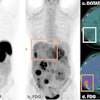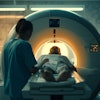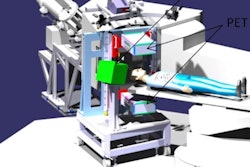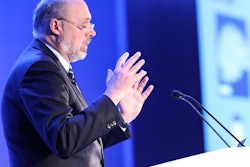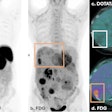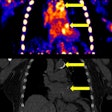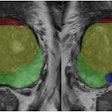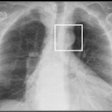Dear AuntMinnie Middle East Insider,
Even when organized screening programs are available, the uptake among women in the Middle East tends to be disappointing, as confirmed by a new study from Lebanon.
To boost uptake, the researchers who conducted the study are convinced that mammography must be made more accessible, the cost should be minimized, and the comfort of the test for women requires further improvement. Also, screening campaigns must engage directly with relatives and partners, they say. For the full details, click here.
Not surprisingly, breast screening came under close scrutiny at Arab Health 2017, which drew to a close on Thursday, 2 February. Much of the discussion focused on Qatar's Breast and Bowel Screening Program, as well as coping with the problem of overdiagnosis. Click here to find out more.
In addition, we’ve posted three other main reports from the meeting:
- The evolution of CT lung screening: It's still early days, but there are signs of progress, particularly in the United Arab Emirates. For an update, click here.
- The cancer burden in the Gulf Cooperation Council nations and how to reduce it: Dr. Samar Al Homoud, a consultant colorectal surgeon at the King Faisal Specialist Hospital and Research Centre in Saudi Arabia, discusses some practical and timely recommendations by the Gulf Centre for Cancer Control and Prevention. Find out more here.
- The urgent need for more standardization in MRI: The president of the European Society of Radiology, Dr. Paul Parizel, PhD, gave a visionary lecture on this topic. Learn more here.
In AuntMinnie Middle East, we also have news from about the latest developments and technologies on show in the vast exhibition halls at Arab Health.
This letter features only a few of the many articles posted over recent weeks in AuntMinnie Middle East. Please scroll through the rest of our coverage below this message.

